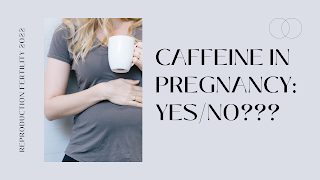Pregnancy: Nutrition
Enough healthy nutrition during pregnancy is crucial for the growth and development of your unborn child. You should consume 200 to 300 more calories than you did before becoming pregnant during the second and third trimesters. Consider this to be an additional snack you have throughout the day. A nutritious diet is essential while pregnant. A person can fulfil the increased physical demands of pregnancy and support the development of the fetes by eating optimally.
A
person's diet should contain a balance of proteins, carbs, and fats for a
healthy pregnancy. However, some foods and beverages, like alcohol and some
cheeses, can be harmful to a pregnant woman's health and the health of her
unborn child.
Medical
professionals recommend having a balanced diet rich in nutrient-dense foods,
including various animal and plant-based proteins, fruits, grains, and
vegetables during pregnancy. During pregnancy, doctors and gynecologists advise eating a balanced
diet full of nutrient-dense foods such as a variety of animal and plant-based
proteins, fruits, grains, and vegetables. Pregnancy and nursing increase a
person's need for water- and fat-soluble vitamins. Folate, choline, and the
vitamins B12, A, and D are a few examples of this.
A
pregnancy nutrition plan should include:
· consuming the right amount of protein from both plant and animal sources, including fish, poultry, eggs, and lentils
· carbohydrates high in fibre, such as those found in oats, sweet potatoes, and fruit.
· Yogurt, avocados, almonds, seeds, and other sources of healthful fats



Comments
Post a Comment